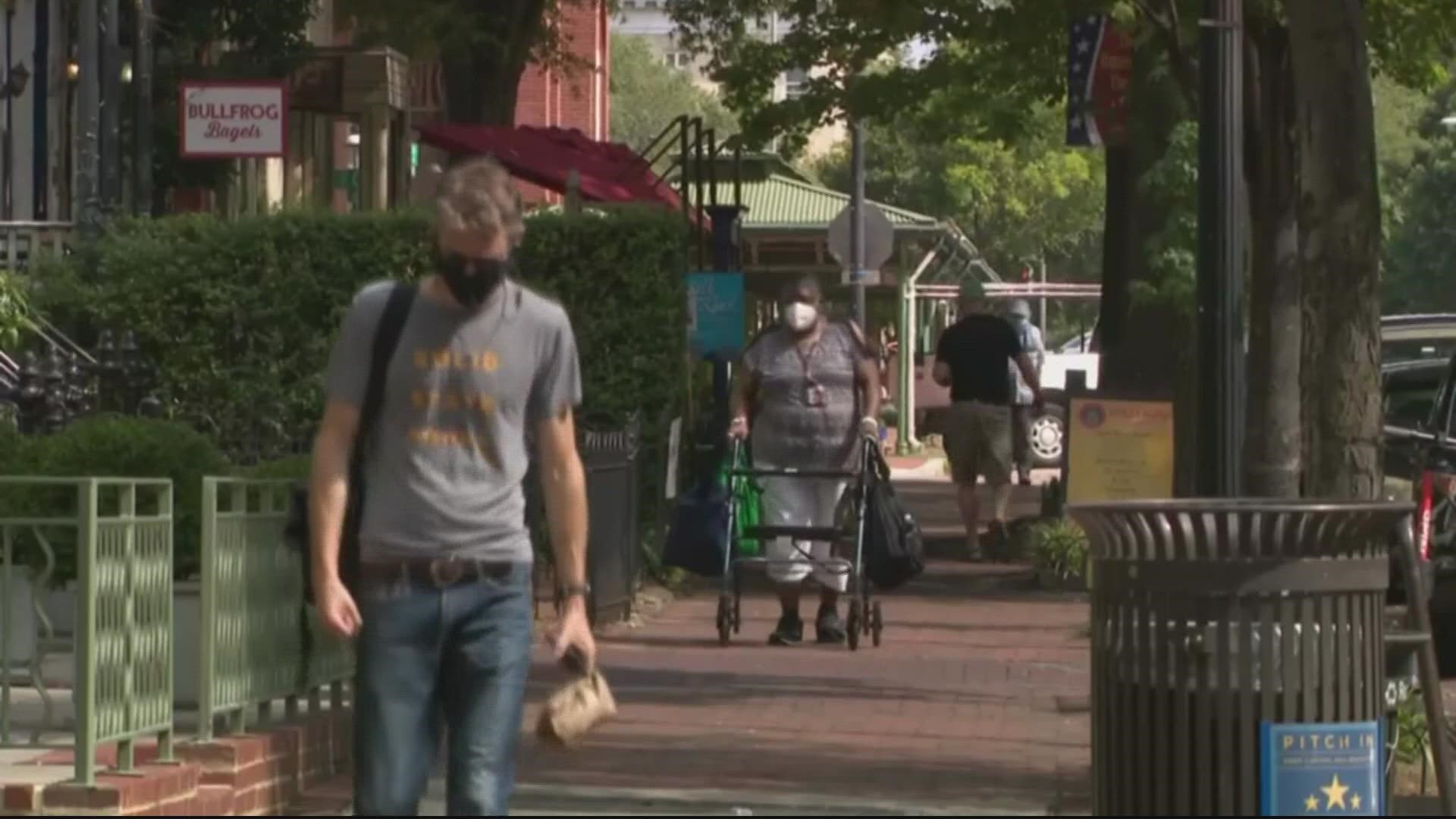WASHINGTON — As more people get infected with the BA.5 omicron subvariant of COVID-19, an infectious disease doctor answers your questions.
Dr. Mettassebia Kanno is the Lead Infectious Disease Physician for Kaiser Permanente's Baltimore service area
Dr. Kanno said that when it comes to viruses, it's survival of the fittest.
“As long as there is viral replication, meaning the virus can move from one person to another, it gets smarter and changes its coat to evade immunity, whether it's natural immunity or vaccination," she said.
DC Health tracks variants in the community.
The most recently available data is from about a month ago, but at that point, data shows that the omicron BA.5 subvariant was at about 50% of cases—and had risen quickly throughout June.
Dr. Kanno said this particular subvariant seems to be infecting people who are vaccinated and boosted -- and re-infecting people who had already had COVID-19 more than some other variants.
“It is the same virus as omicron virus, but the spike protein is a little different than the the original omicron virus that we were seeing circulate in December and January of 2022," she said. "The vaccines are primed to make our immune system recognize the M spike on the virus coat. And that's how the vaccines work. And when the M spike is different, that means that the vaccines that are available currently may not protect us 100%.”
Still, Dr. Kanno said hospitalizations haven't gone up significantly.
We also asked if it's likely your body will respond the same symptom-wise for those who get re-infected with COVID-19.
“It's really not predictable, and that's the reason why people need to be careful," Dr. Kanno said.
She said variants like this one are impacting formulation of future vaccines.
"The discussion is there in terms of how to better protect people going forward, given that there's going to be not just this variant, but probably more variants as we go along to the fall. So there's definitely discussion in terms of a vaccine coming in the fall that is likely to cover or, or protect against the newer variants that may be coming up at that time," she said.
In the meantime, Dr. Kanno said the best way to protect yourself is following initial guidance to mask up and social distance when possible.

